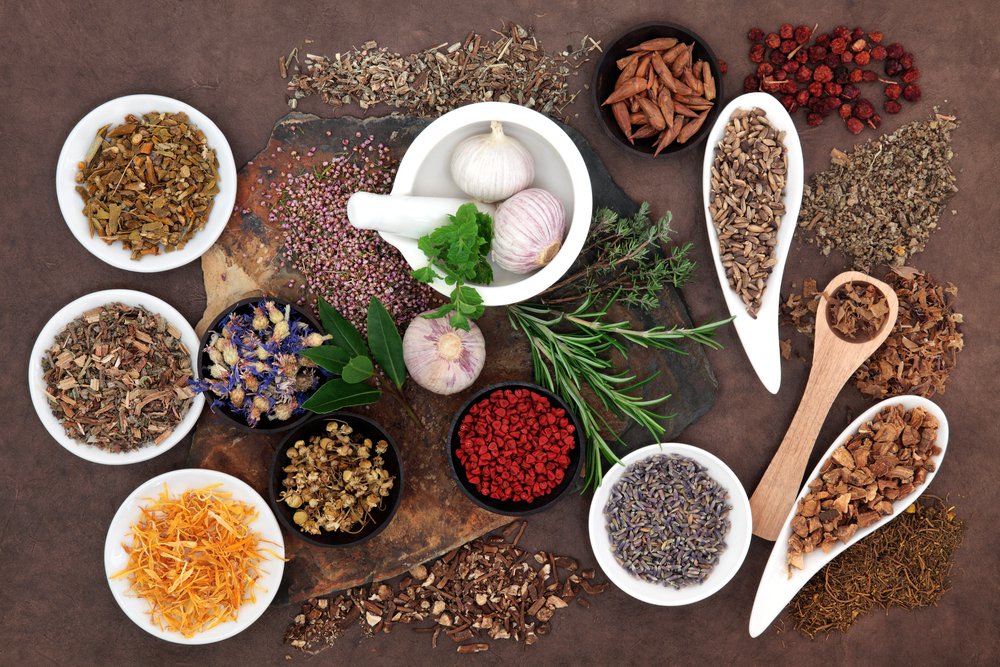
Which Herbs Improve a Woman’s Fertility?

Fertility in women has greatly decreased in the last few decades. With the hectic lifestyles, hormone-filled foods, and constant pollution that pervade the lives of women everywhere, it is not hard to understand why 1 in 8 couples experience infertility.
However, sources from the Mayo Clinic and the American Pregnancy Association suggest that a woman who is struggling to conceive try herbal fertility boosters before visiting a specialist.
Considering the relative costs of the former as opposed to the latter, it is no surprise that most women try these suggestions.
Herbal Fertility Boosters
There are a number of natural fertility remedies that can be used to boost the chances of getting pregnant. The scientific studies don't agree on the effectiveness of some of these fertility boosters, but many women have found them helpful. Give them a try and see if they make a difference for you, but there are no guarantees.
Evening Primrose Oil - EPO can help improve the quality of your cervical mucus. Fertile cervical mucus helps provide a less hostile vaginal environment and nourishes the sperm and makes the travel to your egg easier and safer.
Vitamin C - While not an herb, Vitamin C has been proven to have a positive influence on fertility for both men and women. For men, it helps improve overall sperm health and sperm motility. For women, it helps support regular ovulation and menstrual cycles.
Red Raspberry Leaf - Teas made with red raspberry leaf can help strengthen your uterine lining, which in turn, helps to lengthen your luteal phase. When combined with other herbs, like found in Herb Lore's Pre-Conception tea, it can help balance your hormones making it easier to get pregnant.
Vitex - Vitex, otherwise known as Chaste Berry, helps to normalize hormones and encourage regular ovulation and female reproductive hormone balance. Both of which are important if you are trying to get pregnant.
Dong Quai - This herb is a hormone regulator known to tone the uterus.
Black Cohosh - This anti-spasmodic herb reduces cramps that could cause miscarriage.
False Unicorn - Take this herb during the first half of your cycle only, from menstruation to ovulation as an aid for female infertility and ovarian pain.
Of course, you do not need to take ALL of these herbs at once. Rather select the ones that you feel you need the most.
These herbs are available in many different forms such as teas, tablets, capsules, and tinctures. There are also specially created fertility blends that can help you benefit for the synergistic effects of all the right herbs in the right dosages.
Keep in mind that benefits from taking fertility enhancing herbs will most likely only show up 60 to 120 days after you start taking them. Hormone imbalances don't happen overnight and will take a bit of time to right themselves.
Tags:
Getting Pregnant
Quick links
Search
Contact Us
Shipping Information
Helpful Info
Terms of Service
Privacy Policy
Do not sell my personal information
Contact us
About us
BabyHopes.com is a family owned and operated business, opened in January 2001. We have been serving the trying to conceive community for over 20 years.

Leave a comment: